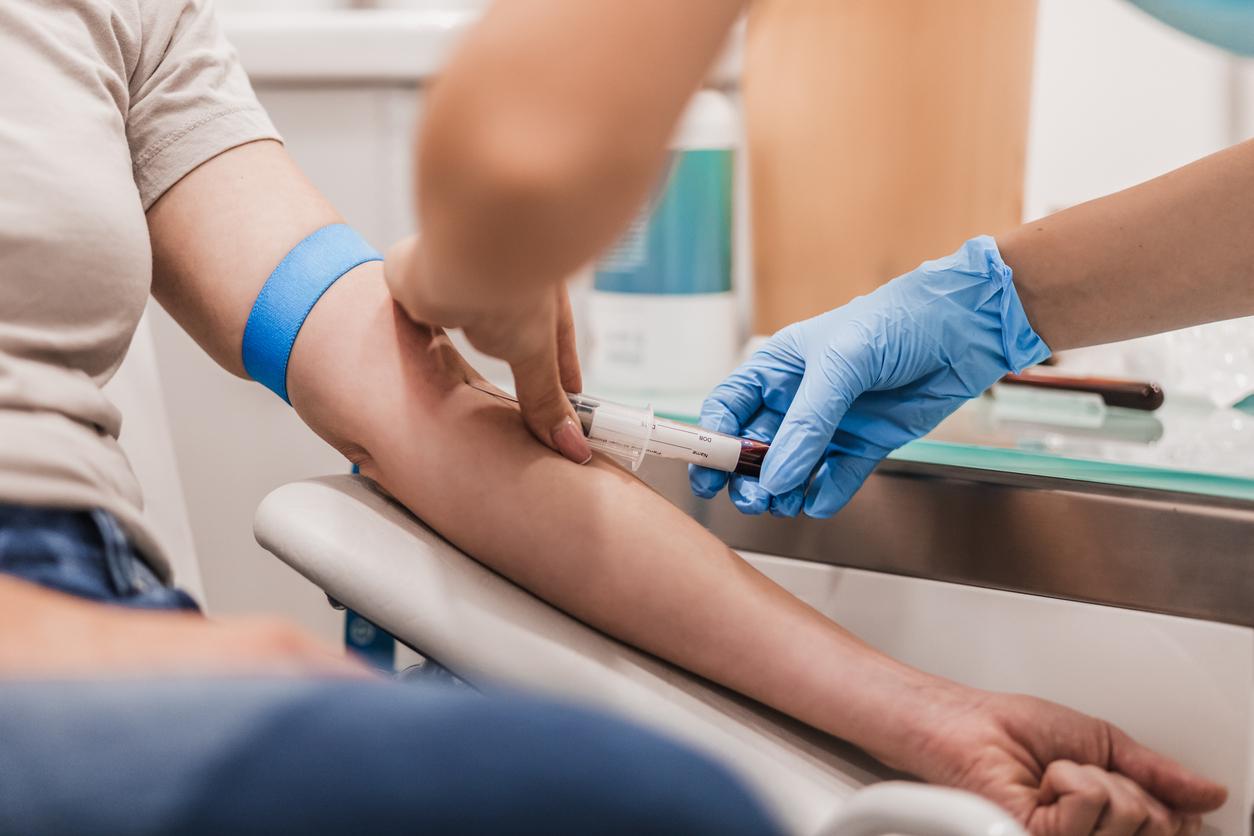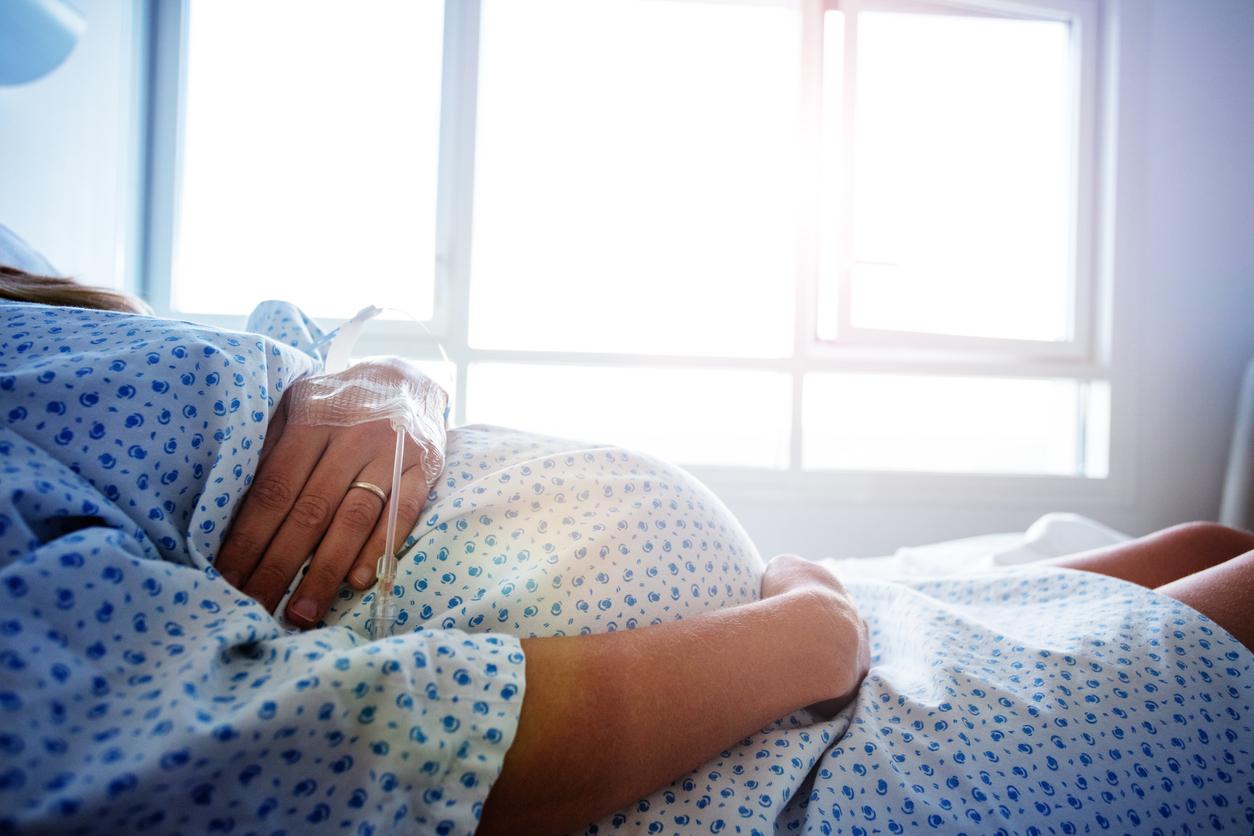Women would tend to over-invest in work during their pregnancy so as not to be perceived as weaker and less productive, even if it means jeopardizing their health.
-1593684933.jpg)
- Pregnant women would work more than others in order to avoid being stigmatized.
- According to an American study, 63% of pregnant women at work have already felt the stereotype that they would be weaker and less productive during their pregnancy.
- This negative attitude and the pressure undergone by these women encourages them to over-invest, even if it means endangering their health and risking having an accident at work.
Although it is not normal, getting pregnant remains a challenge for women professionally. According to a study conducted by Washington State University (USA) and published in the journal Work&Stress, 63% of pregnant working women have experienced the threat of stereotyping, that is, the perception that they appear weaker, inefficient or less engaged in their work during their pregnancy. Thus, to avoid this judgement, some pregnant women may work harder, even if it means putting their health at risk and risking injury.
The pressure of performance
According to the research team, when they become pregnant, women often try to hide their pregnancy and would invest themselves more at work to avoid being stigmatized by their colleague or their hierarchy. To verify their hypotheses, the researchers called on 400 participants. All of these women all work in sectors such as industry, retail or health care, which require physical effort to be made. During their pregnancy, they were questioned three times about their working conditions within a two-month interval.
The results highlight that pregnant women try their best to hide their pregnancy, including trying to lift heavy weights or stand for long periods of time. “It is necessary to recognize the existence of these stereotypes as a step towards mitigating their consequence.underlines Lindsey Lavaysse, principal author of the article and recent graduated in doctorate from the university of the State of Washington. The pregnancy stereotype is a silent stressor. It’s not always visible, but it has a real impact on women in the workplace. Most organizations have policies in place to accommodate pregnant women and it is a legal right, but if the corporate culture within the organization suggests that there will be retaliation, or female workers will be viewed differently, so they will be reluctant to use accommodations that are better for their health and safety.”
Threat Perception Chart
Lindsey Lavaysse and Tahira Probst, co-author of the study and professor of psychology at Washington State University, compared incidents of workplace injuries of women who felt threatened by low and high stereotypes. They found that women who felt a higher perception of job threat had almost three times more workplace injuries at the end of the two-month period than those who felt a low perception of threat related to stereotypes.
Over the two-month period, their fear of confirming these stereotypes also intensified. “Two months is a relatively short period, but it is close to a full trimester of pregnancy. As they progress through their pregnancy, their experience of the threat of stereotypes, a major stressor, also increases”abounds Lindsey Lavaysse.
An important step
Despite the challenges and limitations of this study, such as the fact that participants volunteered for the experiment themselves, and many dropped out before the end of the two months, this study is the first to establish a link between the threat of pregnancy stereotypes and accidents at work. The authors recommend further research to investigate possible variables that might mitigate some of the stigma associated with pregnancy.
According to Centers for Disease Control and Prevention (CDC), the US Public Health Protection Agency, working pregnant women should keep in mind that changes in their metabolism increase the rate at which they absorb certain chemicals. Changes to the immune system, lung capacity and ligaments can increase the risk of injury. Additionally, pregnant women should be aware that personal protective equipment that was fully adequate at the start of pregnancy may not be so after pregnancy, exposing them and the fetus to pathogens.
.

















